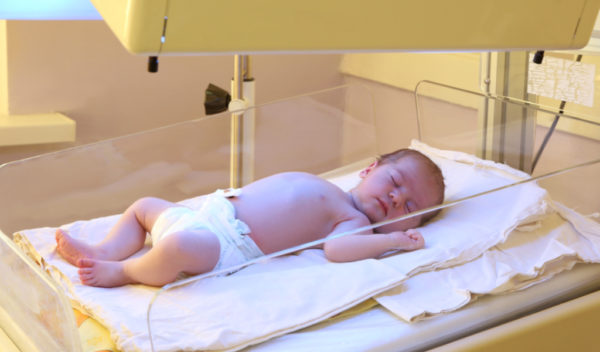Neonatologists are doctors who specialize in the care of newborn children. Newborns can present a unique set of health challenges that require a high level of skill and medical expertise to treat. Although most children are born without problems, neonatologists are the first line of support in a high-risk birth.
There are various reasons why you might see a neonatologist, such as:
High-risk pregnancy
Childbirth complications
Not all deliveries happen smoothly. Neonatologists are often present for difficult births, such as when the umbilical cord presses on or wraps around the baby. In some cases, the baby’s position during delivery is a danger to either the child or the mother. In that case the neonatologist may coordinate and advise the delivery team on the best course of action.
Congenital disabilities
Babies are sometimes born with underdeveloped organs, weakened immune systems, or other symptoms that would make it hard for them to survive without help. Neonatologists coordinate with other specialists to properly care for children born with these issues.
Neonatologists do most of their work inside neonatal intensive care units, or NICUs. The purpose of a NICU is to support underdeveloped or otherwise fragile children in their first few weeks of life.
Some of the most common reasons for admission into the NICU are:
- Premature birth
- Sepsis – a life-threatening complication of infection
- Chorioamnionitis – a bacterial infection that affects membranes around the baby
- Hypoglycemia — low blood sugar
- Respiratory distress syndrome — breathing trouble that can affect newborns

Newborn child under ultraviolet lamps in an NICU
Babies in the NICU get 24-hour care from a team of experts. Your baby will be in an incubator, a bed that keeps them warm. They may need equipment like a ventilator, tubes on their nose that help them breathe, or an intravenous (IV) line (a needle in a vein) to give them fluids and medicine. If they can’t eat on their own, they could also have a feeding tube that goes in their mouth or nose and down their throat to their stomach. The amount and type of equipment will depend on just how much support your baby needs.
How long your baby stays in the NICU depends on their condition and how well they respond to treatment. The neonatologist will keep an eye on this and help decide when your baby is ready to leave the NICU.



